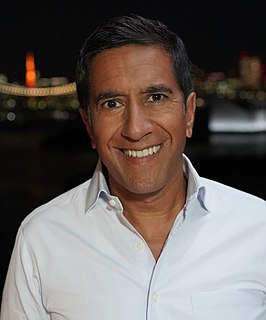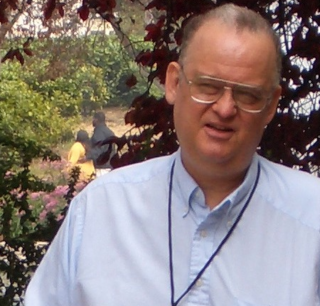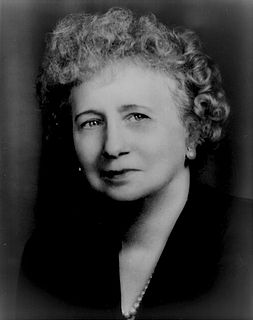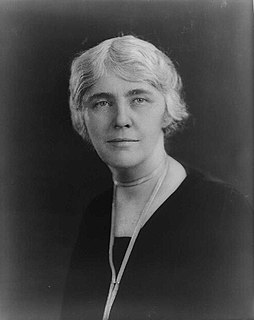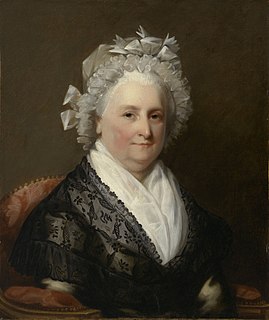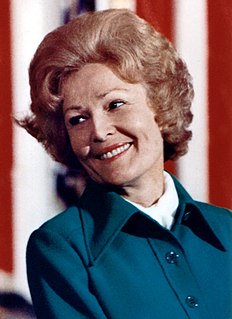A Quote by Rosalynn Carter
Caregivers are the selfless people who provide unpaid care for loved ones who are ill or have serious medical conditions. This is among the most challenging work there is.
Related Quotes
Every year, I volunteer with Remote Area Medical mobile clinics to provide care to folks in rural Virginia. They do incredible work. But I'm the first to admit that treating people once a year at an annual clinic isn't the ideal way to provide healthcare. We should be investing in long-term, permanent solutions to rural health.
[Marijuana] doesn't have a high potential for abuse, and there are very legitimate medical applications. In fact, sometimes marijuana is the only thing that works... [I]t is irresponsible not to provide the best care we can as a medical community, care that could involve marijuana. We have been terribly and systematically misled for nearly 70 years in the United States, and I apologize for my own role in that.
Now, it is sometimes said that medical care is too important to be left to the market, and that it is immoral to profit from the illnesses of others. I say medical care is too important to be left to the failed central plans of the political class. And as for profiting from providing medical care, we can never be reminded enough that in a free society, a profit is a signal that valuable services are being rendered to people on a voluntary basis.
People aren't going to go bankrupt anymore if they have a serious illness, which was a serious issue here in the country before the Affordable Care Act. And, in fact, the expense of expanding health care for those who need the subsidy is picked up by the federal government for most of the early years.








